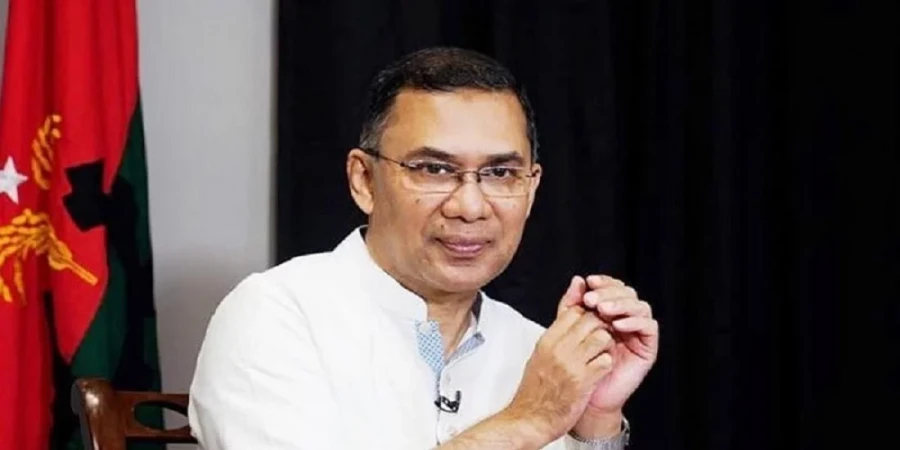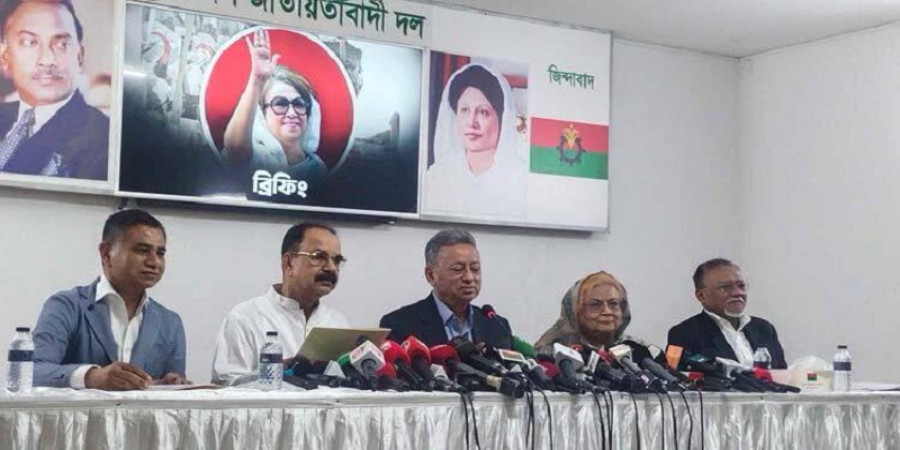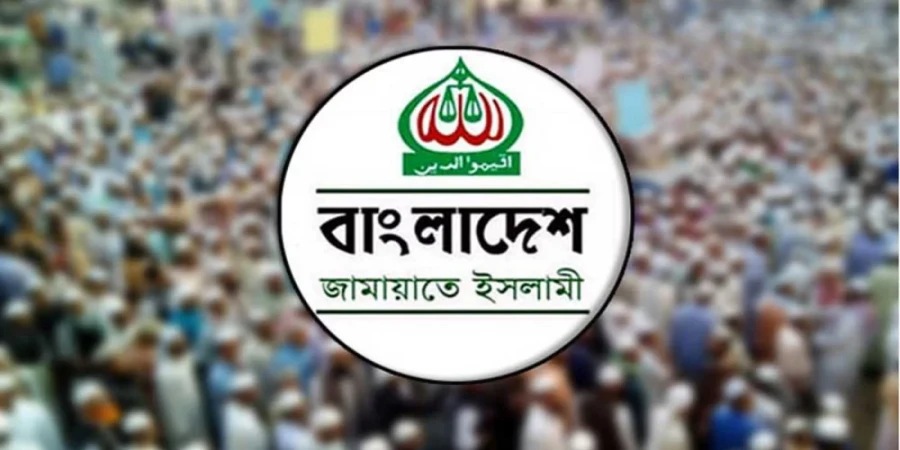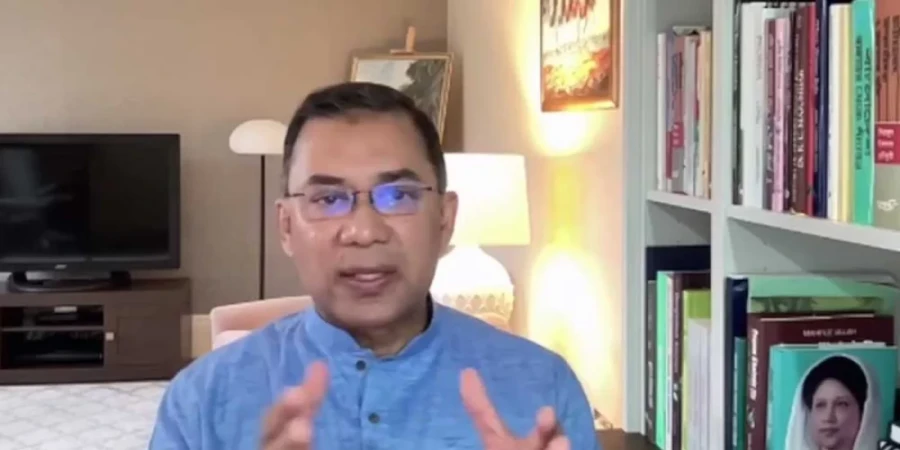
ছবি: Photo: Collected
The Appellate Division of the Supreme Court has scheduled May 4 for the hearing of the state’s appeal against the acquittal of all accused, including BNP's Acting Chairman Tarique Rahman and former State Minister for Home Affairs Lutfozzaman Babar, in the August 21 grenade attack case.
A bench headed by Senior Justice Md Ashfaqul Islam, under the leadership of the Chief Justice, fixed the date for the hearing today, Sunday.
During the court session, lawyers SM Shahjahan and Mohammad Shishir Monir represented the accused. Senior pro-BNP lawyers, including Zainul Abedin, Barrister Mahbub Uddin Khokon, Kaiser Kamal, Ruhul Quddus Kajol, and Advocate Gazi Kamrul Islam Sajal, were also present.
Earlier this year, on January 12, the High Court acquitted Tarique Rahman, who had been sentenced to life imprisonment, and Lutfozzaman Babar, who had received the death penalty, along with other accused individuals in the case related to the grenade attack.
The High Court's decision sparked major controversy, prompting the state to file an appeal against the acquittals.
The case traces back to October 10, 2018, when a Dhaka trial court sentenced 19 people, including former State Minister Lutfozzaman Babar and former Deputy Minister Abdus Salam Pintu, to death, and another 19 individuals, including Tarique Rahman, former Prime Minister Khaleda Zia’s political secretary Harris Chowdhury, and BNP leader Kazi Shah Moazzem Hossain Kaykobad, to life imprisonment.
Following the lower court verdict, on November 27, 2018, the judgment and necessary documents were sent to the Death Reference Section of the High Court for confirmation.
In connection with the August 21 grenade attack, two cases were filed, resulting in extensive documentation. Approximately 37,385 pages of case files reached the High Court’s concerned section on November 27, 2018. The High Court then instructed the preparation of a paper book, prioritizing the case for hearing purposes. In compliance, a voluminous paper book spanning around 10,500 pages was prepared.
The August 21, 2004, grenade attack remains one of the darkest chapters in Bangladesh's political history. On that day, during a rally organized by the Awami League on Bangabandhu Avenue in Dhaka, grenades were hurled at the gathering. The gruesome assault resulted in the deaths of 24 people, including Ivy Rahman, the Women’s Affairs Secretary of the Awami League, while hundreds, including the then opposition leader Sheikh Hasina, sustained injuries.
The 19 individuals sentenced to death by the trial court include Lutfozzaman Babar, Abdus Salam Pintu, former military officers Major General (retd.) Rezzakul Haider Chowdhury and Brigadier General (retd.) Abdur Rahim, Hanif Paribahan owner Md Hanif, militant leader Maulana Tajuddin, Maulana Sheikh Abdus Salam, Maulana Sheikh Farid, Maulana Abu Said, Mufti Moinuddin Sheikh alias Abu Jandal, Hafez Abu Taher, Md Yusuf Bhat alias Majed Bhat, Abdul Malek, Mofizur Rahman alias Mohibullah, Abul Kalam Azad alias Bulbul, Md Jahangir Alam, Hossain Ahmed Tamim, Rafiqul Islam alias Sabuj, and Md Ujjal alias Ratan.
Meanwhile, those sentenced to life imprisonment include Shahadat Ullah alias Jewel, Maulana Abdur Rauf alias Abu Omar, Abu Humaera alias Pirsahib, Maulana Sabbir Ahmed alias Abdul Hannan Sabbir, Arif Hasan alias Sujan alias Abdur Razzak, Hafez Maulana Yahia, Abu Bakr alias Selim Hawlader, Md Ariful Islam alias Arif, Mohibul Mottakin alias Mottakin (absconding), Anisul Morsalin alias Morsalin (absconding), Md Khalil (absconding), Jahangir Alam Badr alias Ustad Jahangir (absconding), Md Iqbal (absconding), Liton alias Maulana Liton (absconding), Tarique Rahman alias Tarique Zia (absconding), Harris Chowdhury (absconding), Kazi Shah Mofazzal Hossain Kaykobad (absconding), Mufti Shafiqul Rahman (absconding), Mufti Abdul Hai (absconding), and Ratul Ahmed Babu alias Babu alias Ratul Babu (absconding).
The hearing on May 4 is expected to be a pivotal moment in this long-running and politically sensitive case. As the legal battle unfolds, the outcome will not only determine the fate of the accused but also have far-reaching implications for the political landscape of Bangladesh.
repoter






